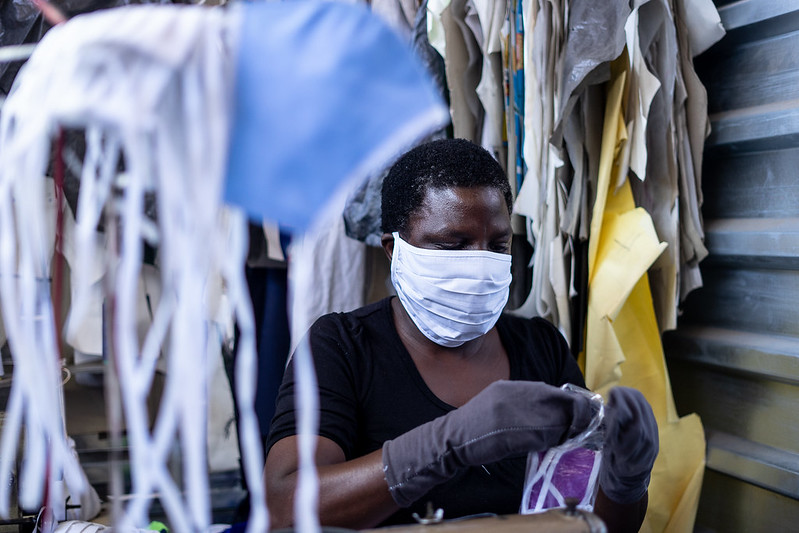
CCP Launches Massive Global COVID Behavior Dashboard
A new interactive tool captures knowledge, attitudes and behaviors around vaccines, masking and more from 12 million people in 115 countries.

A new interactive tool captures knowledge, attitudes and behaviors around vaccines, masking and more from 12 million people in 115 countries.
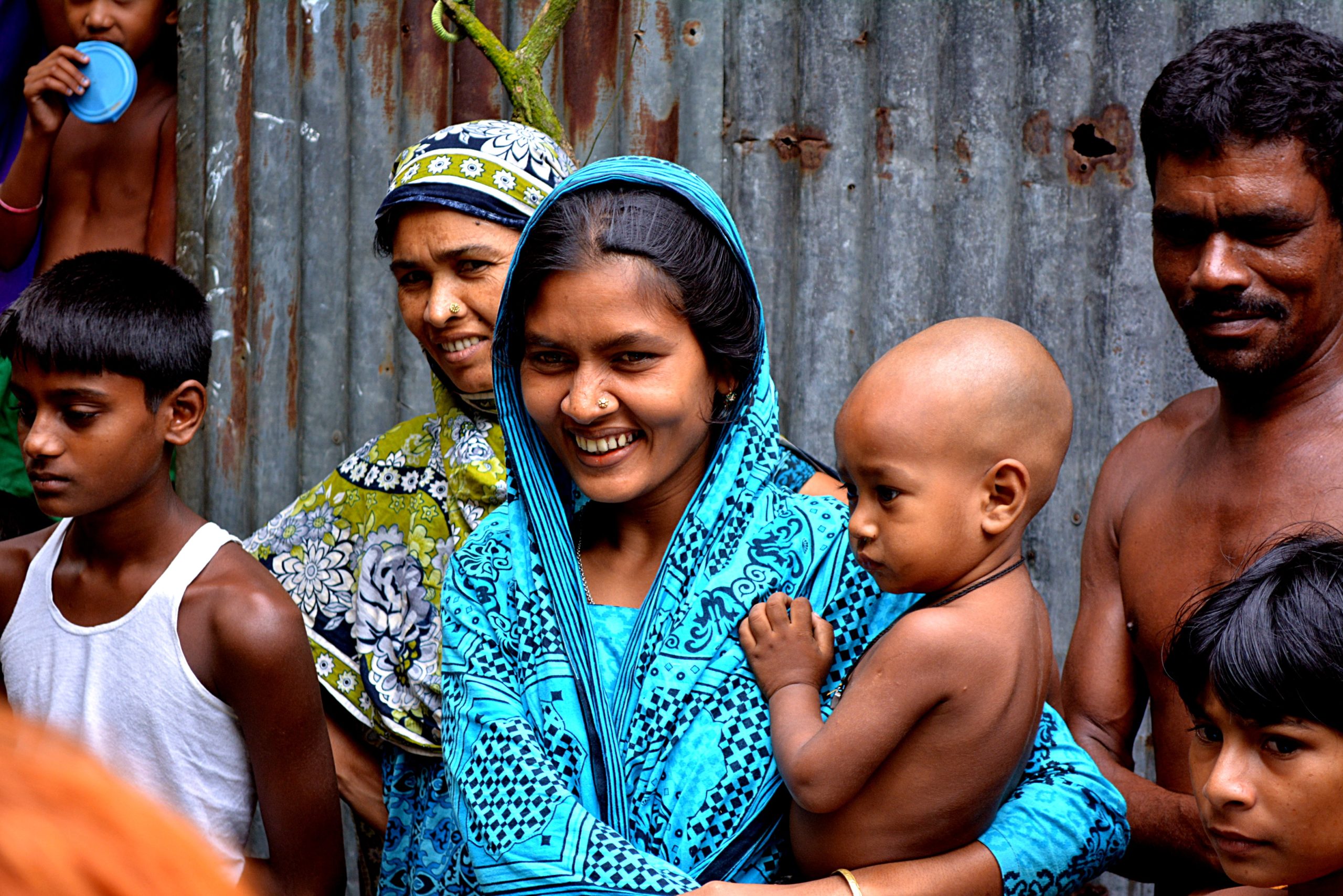
With help from CCP and USAID, the Bangladesh Center for Communication Programs (BCCP) was founded a quarter century ago to create and sustain change.
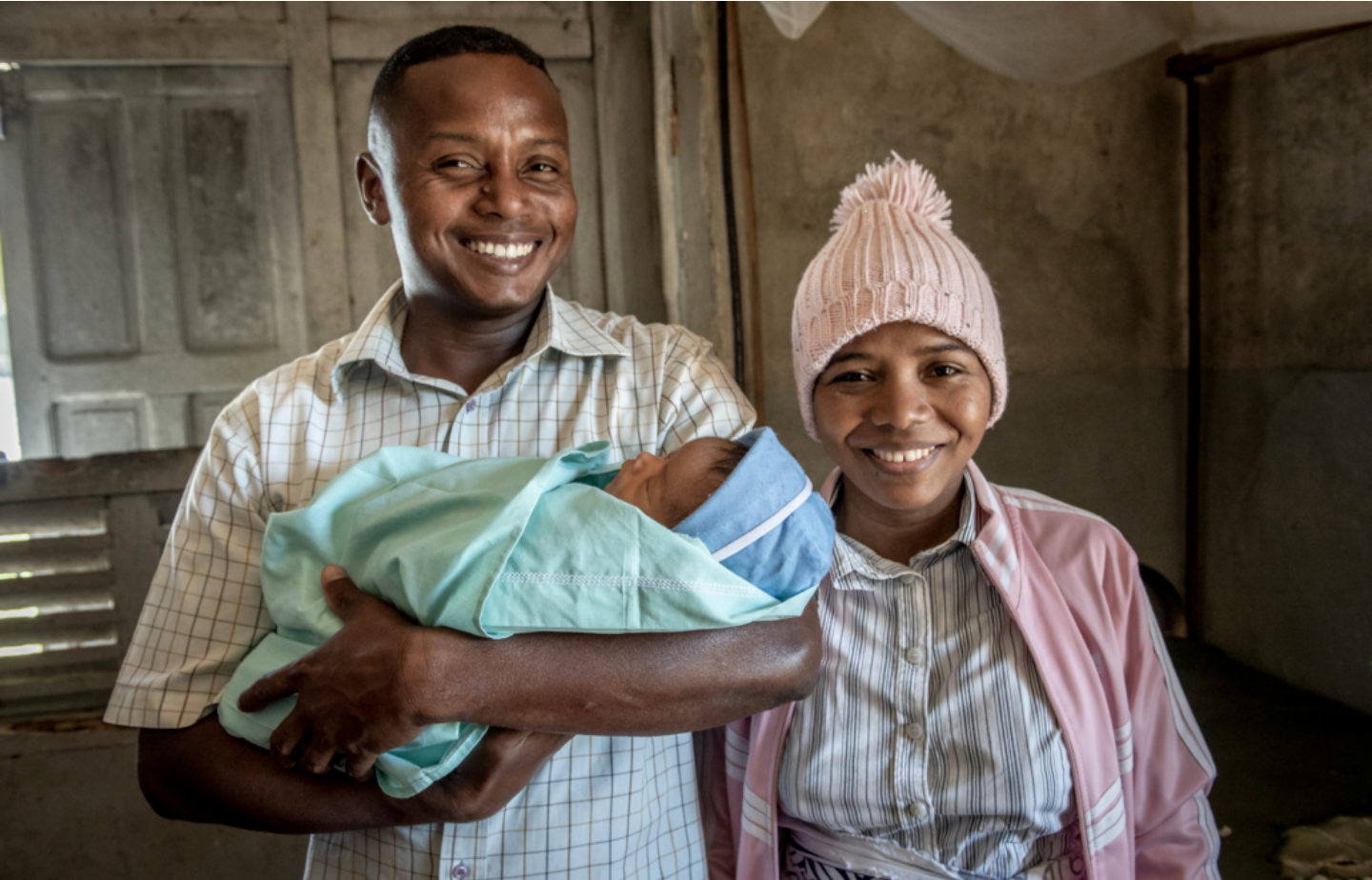
The new People-Planet Connection site, created by the CCP-led Knowledge SUCCESS project, brings people together to address the complex relationships between people’s health and the environment.
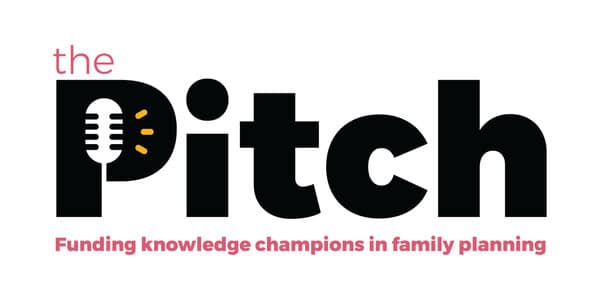
CCP has launched The Pitch, a global competition to find and fund innovative knowledge management ideas for family planning. Deadline is Feb. 4.
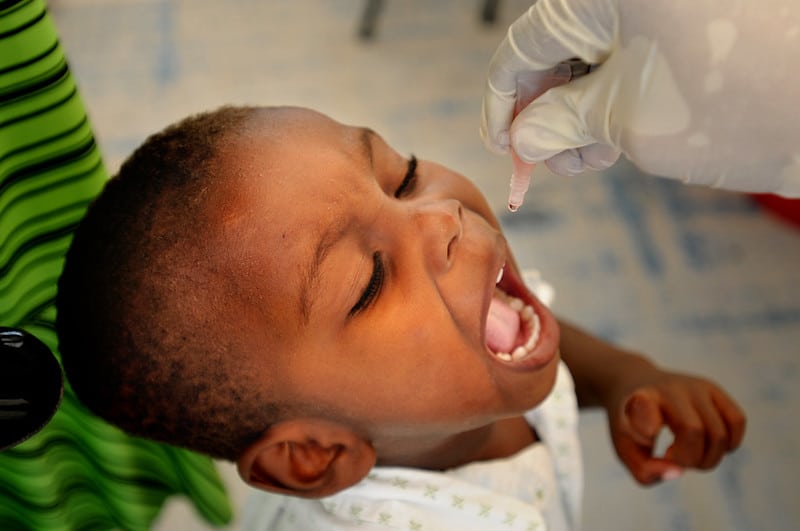
Real-time monitoring can bolster the effectiveness of immunization campaigns in low- and middle-income countries by enabling health officials to reach more children quickly, track vaccine supplies and identify issues and gaps, new CCP research suggests.

The findings, culled from surveys of more than 720,000 people in 23 countries, allow researchers, public health programmers and policymakers to see and respond to trends.

A new release from the KAP COVID dashboard includes regional data on knowledge, attitudes and behaviors within the U.S. and India, two countries where COVID-19 case counts are the highest in the world.

“Until we have a safe and effective vaccine, behavior change is the only tool we have to stem the spread of the virus,” says CCP’s Susan Krenn. “This COVID dashboard will help us more efficiently focus our behavior change efforts.”

Starting today in the United States and 71 other countries, Facebook began displaying a prompt for a new survey to help researchers understand people’s knowledge, attitudes and practices about COVID-19. CCP helped create the survey and will analyze results.
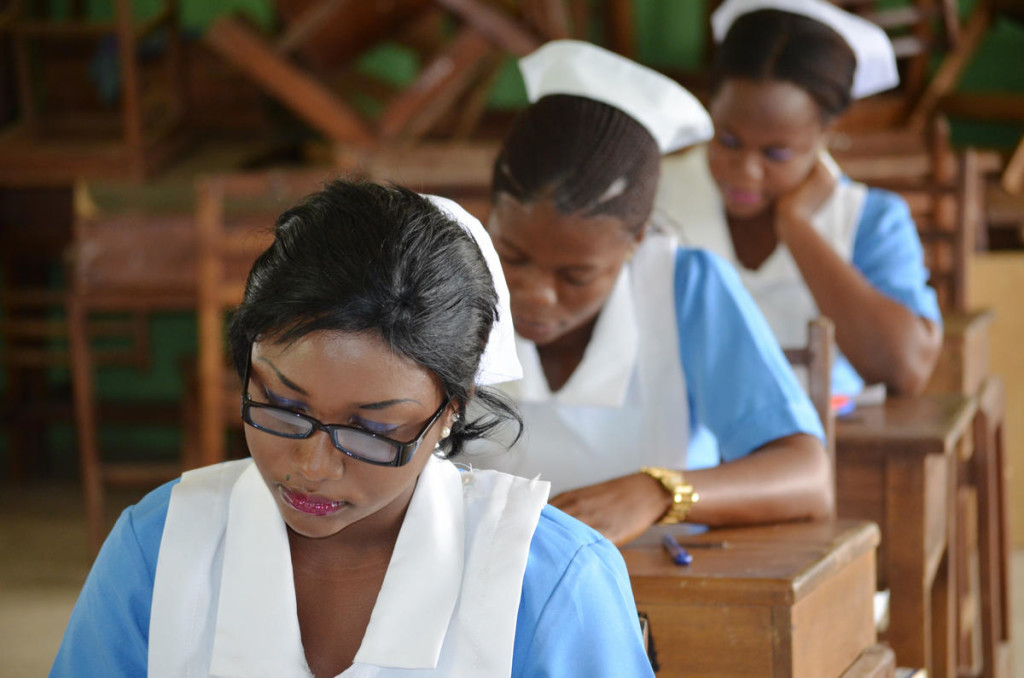
Many of CCP’s tools, resources and online classes will soon have new life as continuing education courses for frontline health workers in more than 40 low- and-middle income countries around the world.
Receive the latest news and updates, tools, events and job postings in your inbox every month